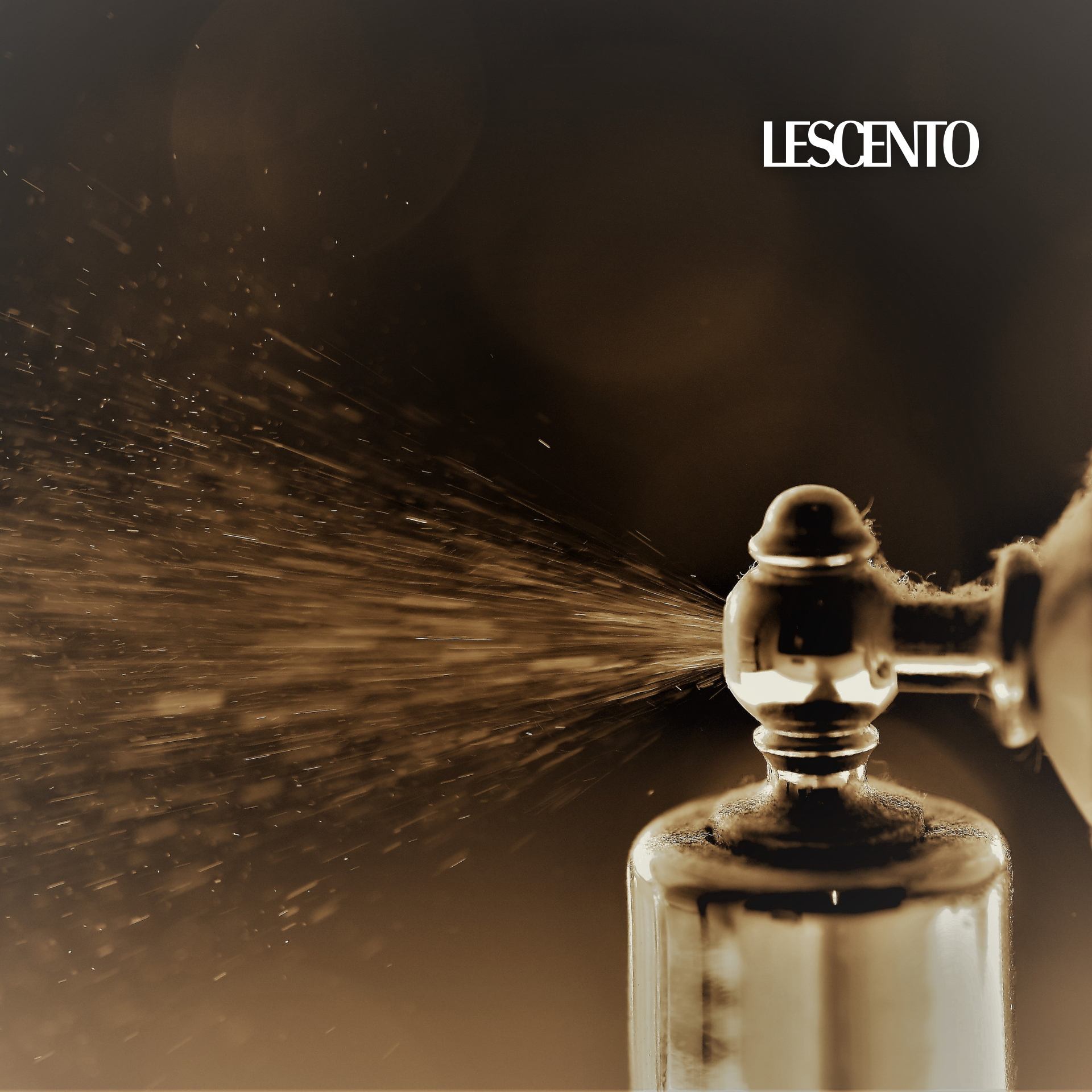There’s something quietly thrilling about wearing a fragrance no one can name. It’s not shouted from billboards or sitting on department store counters. It doesn’t need to be. Because this scent isn’t just perfume; it’s your secret, Much like SYCRYT by LESCENTO, a fragrance that was never meant to be understood by everyone, only felt by those who lean close enough to discover it.
In a world where everything is shared, tagged, and algorithm-approved, scent remains beautifully analog. You can’t photograph it. You can’t stream it. And yet, it leaves the deepest impression, a signature invisible to the eye but unforgettable to the mind.
The Psychology Behind Uniqueness and Attraction
Psychologists have long studied the power of individuality. The human brain is wired to seek novelty; we’re drawn to what feels familiar enough to comfort yet distinct enough to intrigue. The same principle applies to scent. When someone smells a fragrance they’ve never encountered before, the brain’s hippocampus, which processes memory, and amygdala, which governs emotion, light up simultaneously.
This neurological duet is what gives niche fragrances their magnetic pull; they surprise the brain. Instead of registering as “Oh, I’ve smelled this before,” the scent becomes an emotional event. That’s why a truly unique perfume can make someone lean closer without knowing why. It’s the olfactory equivalent of curiosity mixed with desire.
When you wear a scent that’s rare, the people around you don’t just smell it; they experience it. They can’t quite place it, and that mystery becomes part of your allure.
Why Niche Fragrances Feel More Personal
Designer perfumes are like popular songs: well-produced, instantly recognizable, and made to please millions. There’s nothing wrong with that, but it’s not intimacy.
Niche perfumery, on the other hand, is more like jazz. It’s raw, complex, often built around unconventional accords, notes that don’t simply smell “nice” but feel like something. Wet earth after rain. Leather against skin. Smoke tangled with vanilla. These aren’t marketing constructs; they’re emotions turned into molecules.
Most designer scents rely on safe crowd-pleasers like synthetic musks and white florals, easy on the nose and instantly likable. Niche perfumers, however, embrace texture and tension. They’ll use black pepper for spark, vetiver for dry depth, or labdanum for that animalic hum that makes a fragrance feel alive.
When you wear one, you’re not wearing a brand. You’re wearing chemistry, and chemistry is always personal.
The Emotional Ownership of a Scent
Psychologically, humans form deep attachments through association. We link emotions, experiences, and even people to specific smells. That’s why the fragrance you wore during an important chapter of your life can bring it back years later with vivid clarity.
But when that scent belongs to you alone, when it’s not shared by anyone else, it becomes part of your identity. It’s almost sacred. You don’t smell like a perfume; you smell like yourself.
There’s an intimacy in knowing that if someone leans in close, what they breathe in exists nowhere else. It’s not mass-produced nostalgia. It’s you, distilled.
The Attraction Factor
Science backs this up. Studies in olfactory psychology suggest that unique scents heighten attraction because they create stronger neural imprints. The unfamiliar triggers curiosity and attention, two cornerstones of desire.
When someone smells your fragrance and can’t identify it, their brain becomes subtly obsessed with categorizing it. They remember you while trying to remember it. That’s why strangers might stop to ask, “What are you wearing?” and when you reply with something they’ve never heard of, it only deepens the intrigue.
That’s not vanity. It’s chemistry, the invisible dialogue of scent and subconscious.
The Craft of Rarity
What makes niche fragrances different isn’t just the story; it’s the ingredients. While commercial houses often use synthetic shortcuts for scalability, niche perfumers reach for naturals like Bulgarian rose absolute, Indonesian patchouli, Calabrian bergamot, and Madagascar vanilla, materials that breathe and evolve on the skin.
Small-batch production means every bottle carries slight nuance, just like every person who wears it. No two macerations are truly identical. That imperfection is where the soul lives.
So when you wear something handcrafted, something most people will never find in a mall, you’re not just applying perfume. You’re putting on individuality.
The Quiet Power of Mystery
There’s confidence in not being obvious, in letting your scent whisper instead of announce. You don’t owe anyone your formula, not even the name on the bottle. That secrecy, that silent ownership, makes the act of wearing perfume intimate again.
It’s you and the scent, a relationship built in private.
When someone catches a trace of it in passing, it’s like they’ve stepped into your aura. And for a moment, the line between you and memory blurs.
In the End, Scent Is a Love Letter
To wear a fragrance no one else knows is to write a love letter to yourself, invisible ink for the air.
And when that fragrance comes from a house that values artistry over conformity, when every creation is made in small batches, built on emotion, and designed to become part of you, it turns everyday life into something quietly beautiful.
That’s the spirit of LESCENTO. Fragrances not made to be worn by everyone, but remembered by the few who experience them.



